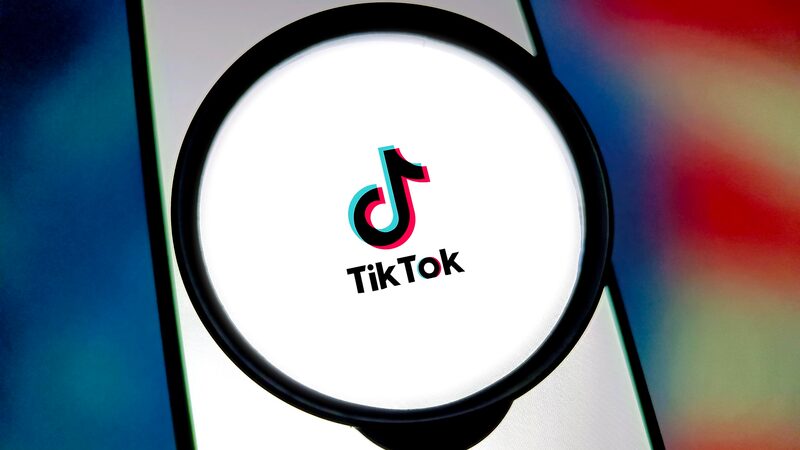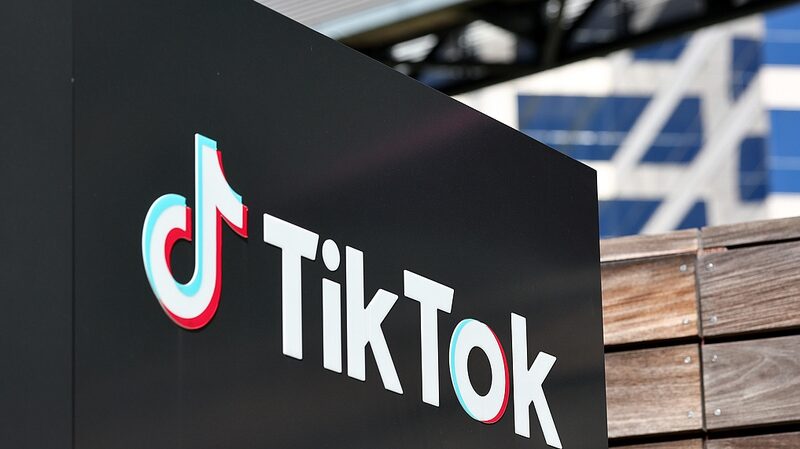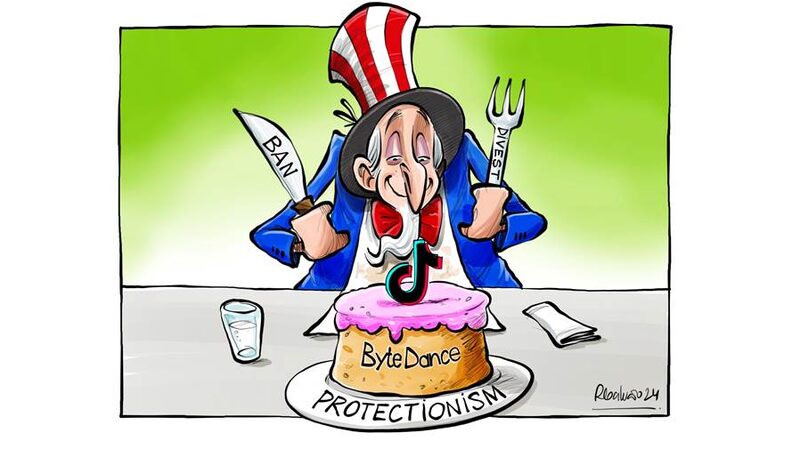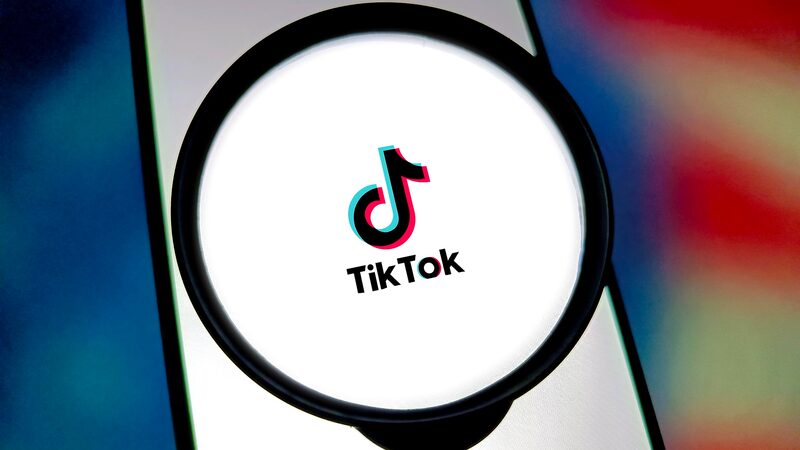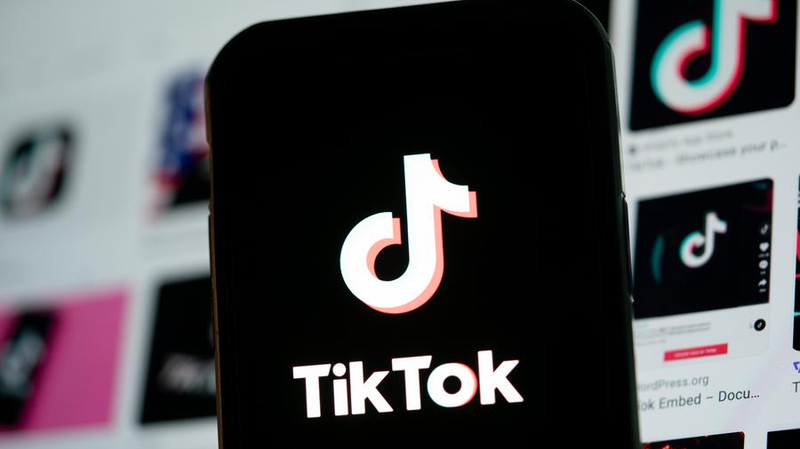The recent moves by the United States to ban TikTok, a popular social media app owned by Chinese tech company ByteDance, have sparked global discussions about regulatory practices and national security concerns. For many, this development serves as a case study in how regulatory actions can sometimes extend beyond their intended scope, raising questions about fairness, free trade, and the impact on global business relations.
TikTok, known for its short-form video content, has amassed millions of users worldwide, becoming a cultural phenomenon, especially among younger audiences. However, U.S. authorities have expressed concerns that the app could pose a national security risk, citing the potential for user data to be accessed by foreign entities. In response, there have been calls for strict regulations, including outright bans and forced divestments.
Critics argue that these measures represent an overreach of regulatory power. They point out that the U.S. has not provided concrete evidence to substantiate the claims against TikTok. Moreover, such actions could set a precedent that allows governments to restrict foreign businesses under the guise of national security without transparent justification.
The implications of this situation are far-reaching. For global businesses and investors, it raises concerns about the stability and predictability of the U.S. regulatory environment. Companies may become wary of entering markets where they could face sudden and significant regulatory hurdles. This could potentially hinder international trade and economic cooperation.
Furthermore, the ban has sparked discussions about the impact on freedom of expression and access to diverse content. Users who rely on TikTok for creative expression, entertainment, and even income could be adversely affected. It highlights the delicate balance between ensuring national security and maintaining open, competitive markets that foster innovation.
As the world becomes increasingly interconnected, it’s crucial for regulatory practices to be fair, transparent, and evidence-based. The TikTok case underscores the need for international dialogue and cooperation in addressing security concerns without resorting to unilateral actions that could disrupt global economic relations.
The outcome of this case will likely influence how countries navigate similar issues in the future. It serves as a reminder that in the realm of global business, overreaching regulations can have unintended consequences that extend beyond borders, affecting economies, industries, and individuals worldwide.
Reference(s):
cgtn.com
